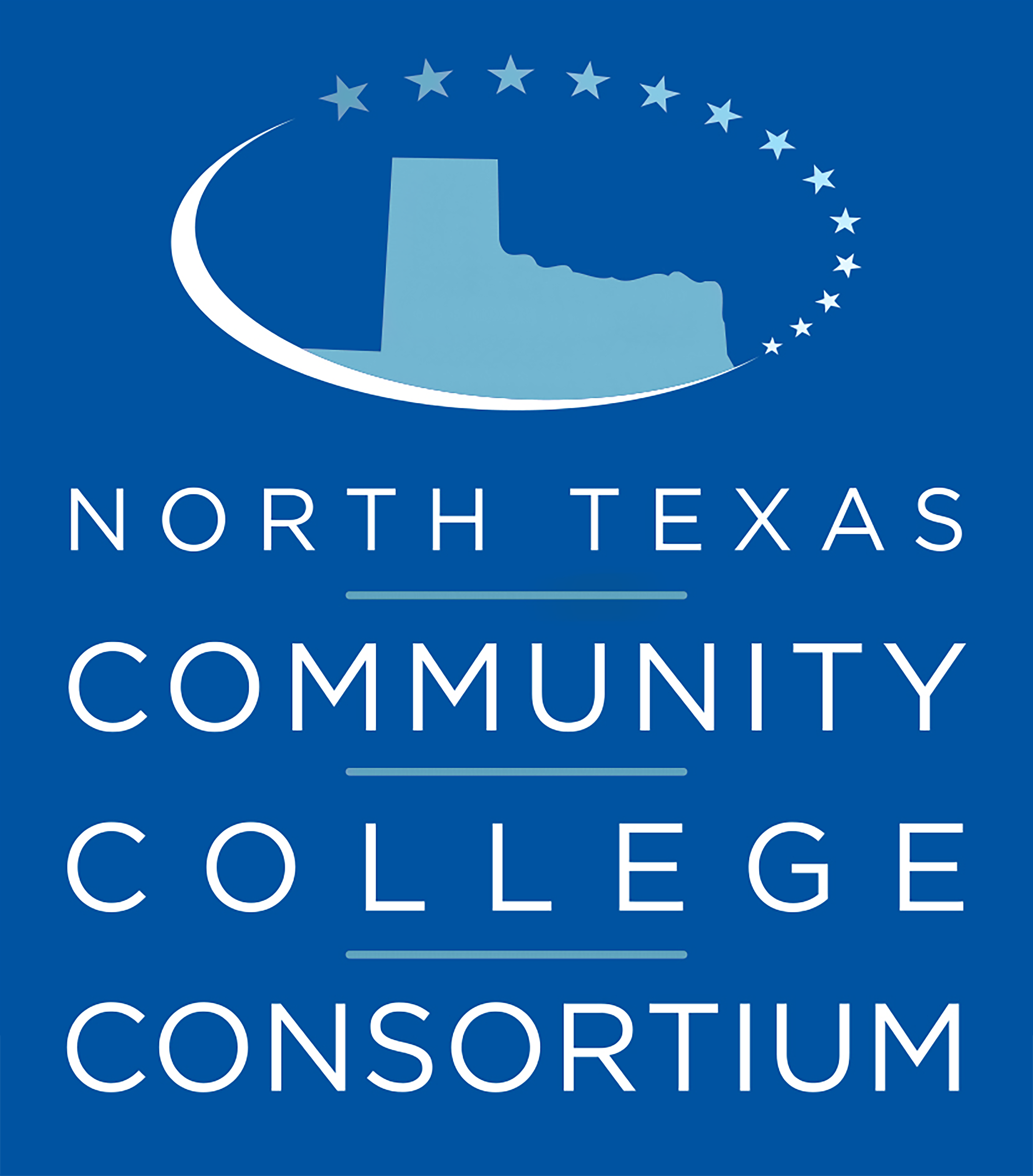Presented at: 2019 Instructional Innovation Conference
Improving Minority Student Success using Thinking Routines
Session Description
We will discuss the encouraging findings for Richland College minority students after the implementation of our five-year Quality Enhancement Plan: Developing Learning Power. To develop learning power, we encouraged the intentional practice of thinking by using "thinking routines." This encouraged our students to think and engage with the course material.
Session Goals
Participants will learn: 1. How to incorporate "Developing Learning Power" by teaching "growth mindset" and "thinking routines" to both students and faculty. 2. How to select and use "thinking routines" to improve student engagement and student success. 3. How "thinking routines" improve how students see themselves as learners.
Full Description
We will discuss the encouraging findings for Richland College minority students after the implementation of our five-year Quality Enhancement Plan: Developing Learning Power - Learning to Learn. To develop learning power, we encouraged the intentional practice of thinking by using "thinking routines," as outlined in Making Thinking Visible by Ritchhart, Church, and Morrison (2011). Students engaged in "thinking routines" in four of our large enrollment courses: EDUC 1300 Learning Framework, History 1301, English 1302, and Government 2306. We observed that "thinking routines" encouraged our students to think, engage with the course content, engage with each other, and grow as learners. Our data show an increase in ABC grades across all courses taken, and higher rates of core completion and transfer. These gains were especially pronounced for African-American students. We will discuss in small and large groups using various "thinking routines" best practices for student engagement, how to select and use thinking routines to close the gaps, and how to scale to improve distance learning. We will have participants use several thinking routines: "See, Think, Wonder" as they look at the data; "Explanation Game" as they consider why we have the results that we have; "Tug of War" for considering the results by race; "Generate, Sort, Collect, Elaborate" in small groups about thinking routines.
